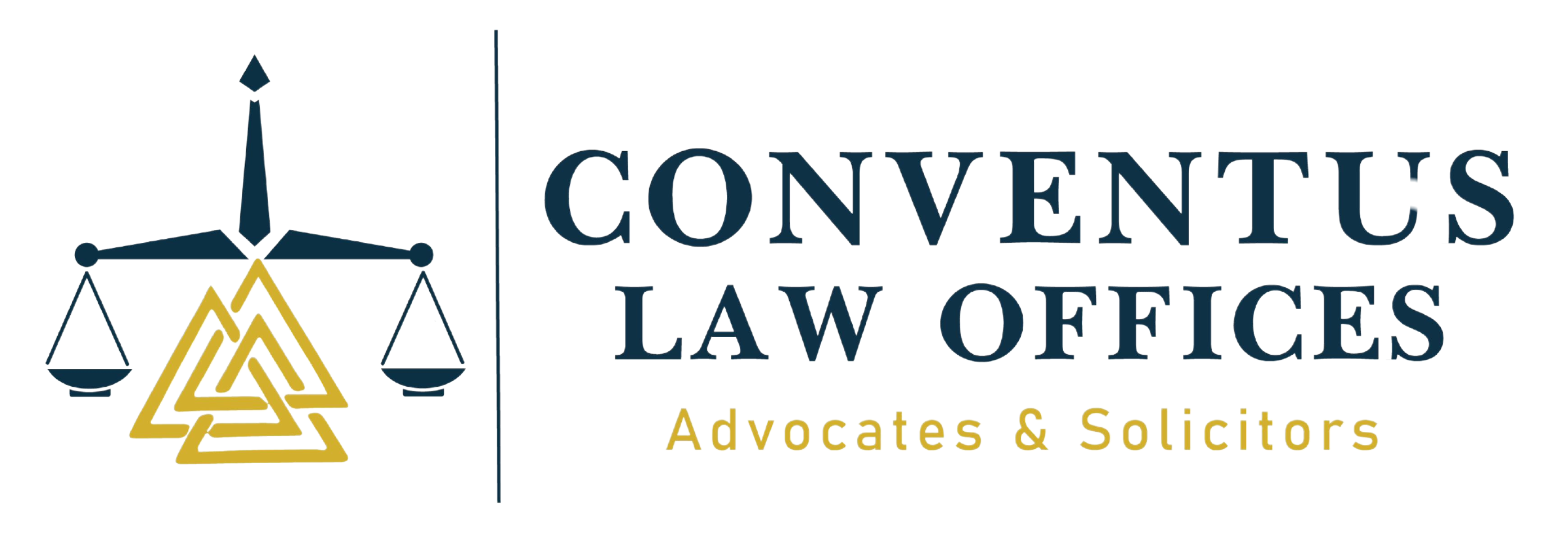The Hon’ble High Court of Delhi recently, in Rites Ltd. Versus Ahluwalia Contract (India) Ltd. & Anr. [OMP (COMM.) 56 of 2019], was concerned with the grant of interest by the Arbitrator on delayed payments, while the contract expressly provided against the grant of interest on account of delayed payments.
The Claimant in the present case had raised a final bill on 20.02.2013. The said bill was certified by the Respondent on 19.07.2014 for a certain amount out of which the Claimant was only paid some of the amount. The Claimant, on account of partial and belated payment, claimed recovery of the balance principal amount of the bill and interest for delayed payment, both on the unpaid amount and the amount already paid. The Respondent, who was the Petitioner before the Hon’ble Court, was specifically aggrieved by the grant of Claim no. 3 in favor of the Claimant, i.e., grant of interest from 21.08.2013 until the date of actual payment, on the outstanding due.
Clause 9 of the Contract specifically provided that the Contractor would not be entitled to any compensation or claims or damages by way of interest in case of delayed payment. The Dispute Resolution Clause contained in Clause 25 of the Contract also specifically excluded the grant of interest in case the award is for payment of money, from the ambit of Arbitrator’s powers. While the Petitioner argued against the grant of interest specifying the particular clauses of the Contract barring the award of interest, placing reliance upon the judgments of the Hon’ble Supreme Court in Garg Builders vs. BHEL [(2022) 11 SCC 697] and Union of India vs. Manraj Enterprises [(2022) 2 SCC 331],which expressly held that interest cannot be awarded by an arbitrator when the contract explicitly provided against the same, the Respondent strongly argued that the interest has been granted by the Ld. Arbitrator as “compensation” for delayed payment.
Discussing the law settled by the Hon’ble Supreme Court in Garg Builders (supra), the Hon’ble High Court observed that the Hon’ble Apex Court in Garg Builders (supra) dealt with a contractual provision that excluded payment of interest on earnest money deposit, security deposit, or any monies due to the contractor. The Ld. Arbitrator had awarded interest, which was set aside by the Hon’ble High Court. The Supreme Court had upheld the decision of the Hon’ble High Court observing that “The provisions of the 1996 Act give paramount importance to the contract entered into between the parties and categorically restrict the power of an arbitrator to award pre-reference and pendente lite interest when the parties themselves have agreed to the contrary.”
The Hon’ble Supreme Court also discussed Section 31(7)(a) of the 1996 Act, which specifically deals with the arbitrator’s power to grant interest, which reads as:-
“31. (7)(a) Unless otherwise agreed by the parties, where and insofar as an arbitral award is for the payment of money, the Arbitral Tribunal may include in the sum for which the award is made interest, at such rate as it deems reasonable, on the whole or any part of the money, for the whole or any part of the period between the date on which the cause of action arose and the date on which the award is made.”
The opening words of Section 31(7)(a) “Unless otherwise agreed by the parties….” make it evident that the power to grant interest is subject to the agreement entered between the parties, and if the parties by way of an agreement have made a categorical provision against an award of interest (pre-reference or pendente-lite or both), the Arbitrator would be bound by such agreement and would further be barred from giving any relief to the contrary. In addition to this, the inclusion of the word “may” makes the payment of interest discretionary and when read together with the phrase “Unless otherwise agreed by the parties…..”, it can easily be concluded that the Arbitrator would be bound by the contractual terms and the limitations imposed thereunder. Thus, the Arbitration Act, by introducing Section 31(7)(a), has clarified the position w.r.t. the binding nature of the contractual terms, which extends not only to the parties but also to the Arbitrator adjudicating the disputes between the parties.
The Hon’ble Single Judge of Delhi High Court also discussed the law laid down in Manraj Enterprises (supra), which relied upon the judgment rendered in Garg Builders (supra) and Union of India vs. Bright Power Projects (India) Ltd. [(2015) 9 SCC 695]. In Bright Power projects, a three-judge bench of the Hon’ble Apex Court had categorically held that if the parties by express agreement exclude the provision of interest, it will bind the parties as well as the Arbitral Tribunal and the parties cannot later claim interest before any forum.
The Hon’ble High Court, thus, after duly discussing the law settled by the Hon’ble Supreme Court, concluded that since the contractual provisions in the instant case expressly barred the award of interest, as such the Arbitrator Tribunal could not have digressed beyond those terms and awarded interest. To sum up, the Hon’ble Court upheld the supremacy of the terms of the contract and the principle that an Arbitrator is bound by the terms and conditions of a contract and cannot give what has been expressly barred under a contract.


